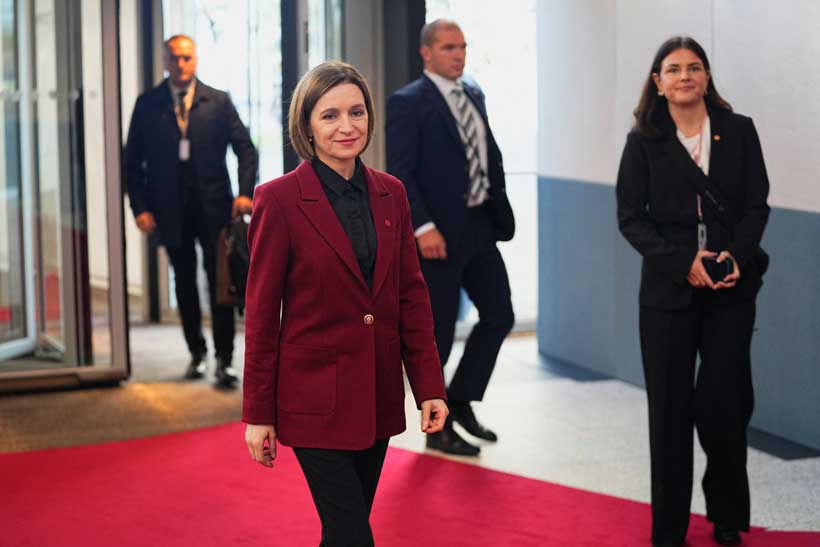Moldova is focusing on its future by strengthening ties with Europe and reducing dependence on Russia. After a parliamentary election where the pro-European Party of Action and Solidarity (PAS) won, officials feel a sense of urgency to achieve EU membership by 2030. They aim to build on their successes while addressing ongoing issues like energy security and political divisions, especially with no national elections coming up for three years.
Accession to the EU is challenging and requires significant reforms, including improving the judiciary and aligning regulations. Moldova has a history of political power swings between pro-European and pro-Russian parties, and with Russian troops still in a pro-Russian region, officials emphasize the need to stay alert. The Organization for Security and Cooperation in Europe noted unprecedented hybrid threats from Russia during the election period, which Moscow denies, claiming accusations against it are exaggerated.
Despite alleged Russian interference aimed at manipulating the election through vote buying and disinformation, Moldova’s security agencies successfully countered these threats. The police chief highlighted that tougher penalties and prominent raids on illegal election activities helped. However, senior officials believe the risk of future interference remains, emphasizing the need for quick prosecutions of arrested individuals from recent events.
Moldova’s historic reliance on Russian energy has been lessened in recent years, with energy now sourced from Romania and Ukraine. The government is working on upgrading its energy grid and expanding renewable energy sources. It aims for 30% of its energy to come from renewables by the end of the decade, as high energy prices are affecting living standards in a country that is one of the poorest in Europe.
While the PAS performed well in the elections, significant political divisions still exist, especially between the Romanian-speaking majority and the Russian-speaking minority. The pro-Russian Patriotic Bloc won a notable share of the vote in certain regions, exploiting economic uncertainties related to closer EU ties. To counteract these sentiments, the government must demonstrate the tangible benefits of EU integration to the Moldovan people.
Looking ahead, Moldova faces the challenge of addressing the Transdniestria conflict, where pro-Russian separatists continue to exert control. This has been a long-standing issue, and with increasing focus on European integration, officials feel compelled to find a resolution.
With information from Reuters
